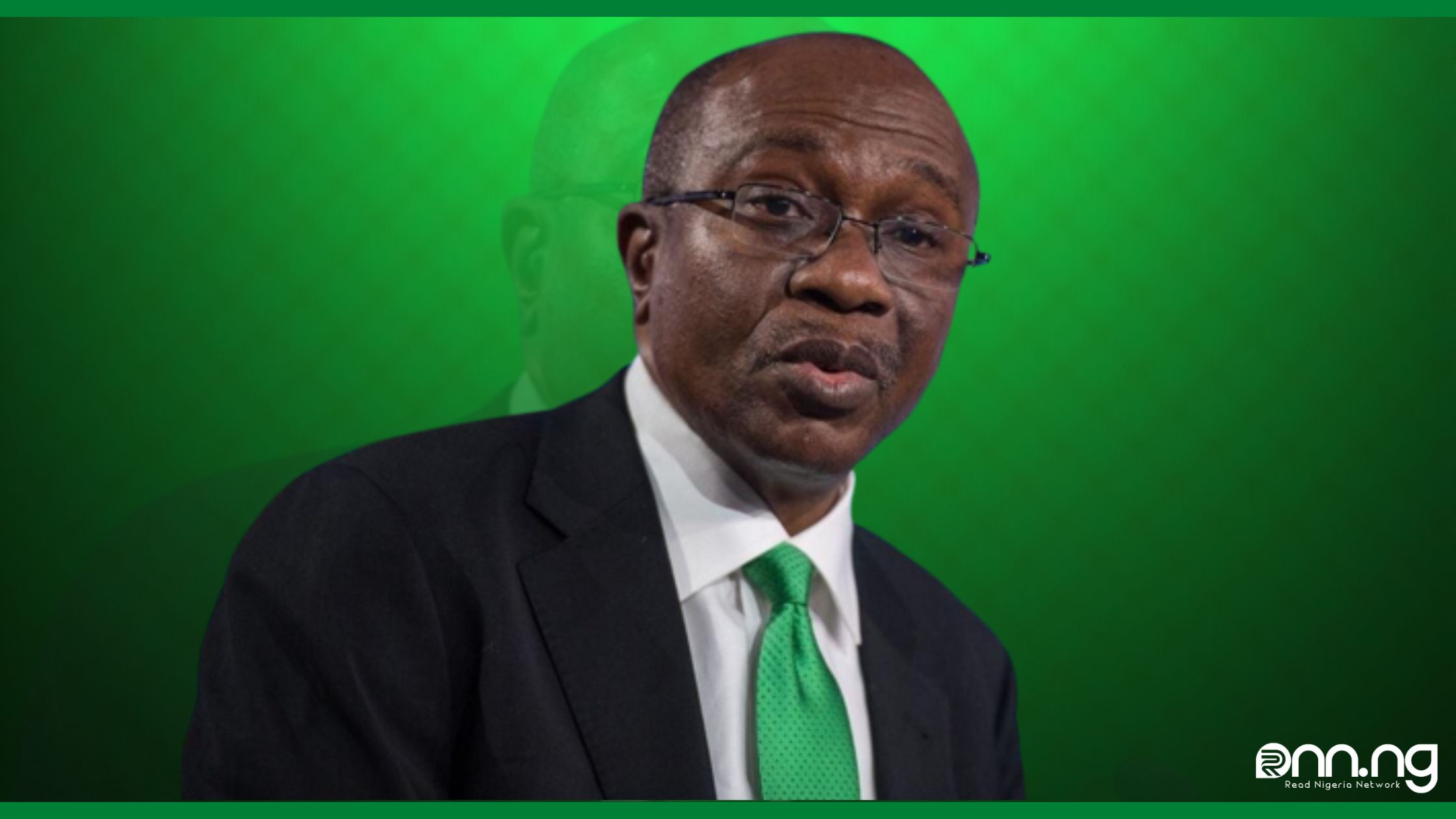Business News
Nigerian banks invest additional N1.55 trillion in Treasury Bills
Due to the CBN’s repeated increases in the MPR, the rate on Treasury Bills has seen a considerable hike recently.

Between July 2021 and June 2022, Deposit Money Banks grew their holdings of Nigerian Treasury Bills by N1.55 trillion, to a total of N2.28 trillion.
This information can be found in the Central Bank of Nigeria’s report on the financial market’s half-year activities in 2022. (CBN).
As of June 2022, commercial banks held 50.5% of the entire N4.5 trillion in Nigerian Treasury Bills, up from 24.4% during the same time in 2021.
Parastatals accounted for more than half of the total in the previous year. Due to increased volatility in other variable assets and incentives to invest in risk-free government securities rather than corporate or variable debt securities, banks are becoming more exposed to fixed securities.
Deposit Money Banks (DMBs), which had increased their assets from N728.9 billion as of June 2021 to N2.28 trillion at the end of June 2022, made up 50.5% of the total.
N29.38 billion, or 0.7% of the total, was the amount that merchant banks held in Nigerian Treasury Bills at the time of the review. When compared to the N14.03 billion figure for the same period in 2021, it climbed by 109.4%.
As of the end of the first half of 2022, mandate and internal funds accounted for 21.9% of the total amount of treasury bills held, with N988.26 billion, accounting for 26.9% of the total amount of N1.21 trillion held by parastatals, a decrease of N354.28 billion from the N1.57 trillion recorded as of June 2021.
Specific bank statements
Access Bank held roughly N203.35 billion in Treasury Bills as of June 2022, according to a review of the financial filings of commercial banks listed on the NGX, while First Bank had about N425.75 billion in Treasury Bills and Eligible Bills, excluding Pledged T-Bills.
Treasury bills worth roughly N568.3 billion, FG bonds for N279.49 billion, corporate bonds worth N3.3 billion, and Eurobonds worth N24.2 billion, all belonged to GT Bank.
The portfolio of debt instruments held by the Group, according to the bank, is made up of 98.1% risk-free government securities (December 2021: 99.9%). The 1.9% outstanding is comprised of investments in corporate and state government bonds.
As of June 2022, Stanbic IBTC reported that its trading assets designated as treasury bills totaled N149.5 billion.
READ MORE: Nigeria treasury bills rate jumps to 14.84%
Zenith Bank reported N926.8 billion for Treasury bills (FVTPL) as of the same period, whereas N1.16 trillion was reported at amortized cost. In the first half of 2022, there were no new Federal Republic of Nigeria Treasury Bonds (FRNTBs) issues. As a result, the number of shares still outstanding as of the end of June 2022 was N75.99 billion.
According to a breakdown of the outstanding, the CBN retained N14.29 billion, while the Sinking Fund owned N61.7 billion. The CBN was responsible for N18.01 billion in the equivalent period of 2021, while N82.98 billion was kept in the Sinking Fund.
FGN Bonds worth N1.13 trillion were offered for sale during the review period, while public subscription and sale totaled N2.85 trillion and N1.81 billion, respectively.
The amount offered included both fresh and old issues. The issue, subscription, and allotment of FGN Bonds were N900 billion, N1.72 trillion, and N1.42 billion, respectively, in the same period of 2021.
Due to the government’s efforts to raise money for the budget deficit from the domestic market, there was a rise in the quantities offered, subscribed to, and sold in the first half of 2022.
As a result, the total value of FGN Bonds outstanding at the end of June 2022 was N15.63 trillion, up from N15.19 trillion at the same time the previous year, representing a gain of N426.95 billion or 0.28%.
Commercial banks held N9.53 trillion, or 60.99%, of the outstanding FGN Bonds, followed by the general public, who held N5.96 trillion, or 38.16%, and merchant banks, who held the remaining N132.63 billion, or 0.85%.
The CBN has repeatedly raised the MPR, which has led to a considerable rise in the rate on Treasury Bills in recent months. Remember that the Central Bank raised the monetary policy rate to 16.5% at its most recent policy meeting in an effort to curb the nation’s increasing rate of inflation?
The rate on one-year Treasury Bills issued by the CBN for November increased from 12% in September 2022 to 14.84% in November.
